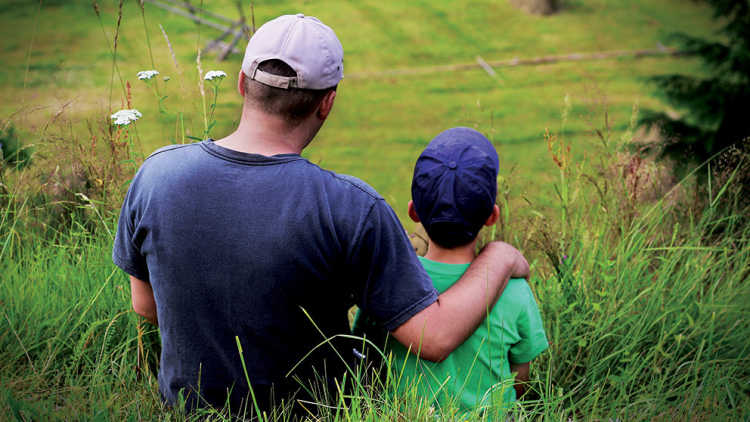Financial fitness, transition and mental wellness: Top tips for farmers

What do financial independence, transition planning and mental wellness have in common? They’re all on the minds of Canadian farmers. Three experts share their thoughts.
Financial independence
Money expert Jessica Moorhouse, host of the More Money Podcast, says developing a financial foundation can lead to financial independence.
Begin your financial planning by addressing these five questions:
What’s your income?
How much are your banked savings?
What assets and liabilities do you have?
What’s your cash flow?
How much money goes toward savings and investments?
Tracking this information over time shows your progress and can also motivate better decisions.
A game-changer in financial fitness is tracking spending, the reality of what happens with your money.
A game-changer, she says, is tracking spending. A budget outlines where you want your money to go, but your spending is the reality of what happens with your money. And typically, spending is higher than what was budgeted.
By tracking spending, you can pinpoint problem areas where you can make changes to meet long-term goals and achieve financial independence.
Part of that independence requires budgeting for emergencies. Without an emergency fund, unexpected expenses could force asset sales or increased debt. Moorhouse recommends saving up three, six, or nine months of living expenses.
Transition planning
FCC business advisor Joel Bokenfohr says transition planning requires focus. Shut out external noise like news events and forecasts for matters such as inflation, interest rates and weather. Concentrate instead on what’s under your control, like business plans, net worth and strategic vision.
Start the process with a family meeting, where everyone can define what they want.
“Then put financials to things. What’s viability look like? What’s the business plan look like?”
All offspring who want to continue to farm should consider these three questions:
Do we want to be in business together? Or do we want to work together but have separate businesses?
If you want to be in business together, why? List what makes being in business together attractive. What can be done to make the business relationship even better?
Clarify roles: who’s doing what? Share a sense of purpose and risk.
Offspring not staying on the farm should still be included in transition conversations, Bokenfohr says. Determine if they too can be set up for success and how. But he also pointed out that fair isn’t always equal.
Mental wellness
Kaleb Dahlgren is an author, community leader and mental wellness advocate. He’s also a Humboldt Broncos crash survivor.
His life changed on April 6, 2018, after a highway accident killed 16 on his hockey team’s bus, and left 13, including himself, injured.
During his recovery, Dahlgren stayed centered on three areas to shape his mindset:
1. Focus on what can be controlled
He couldn’t do anything about the accident, who survived and who didn’t, the injuries he sustained, or how others reacted. “All I could really control was myself and how I want to move forward from this.”
2. Looking for the positive
Dahlgren spoke of gratitude for the memories and closeness he shared with the 16 who died and the 12 still here. Each day, Dahlgren writes three things he’s grateful for, which sets his mood for the day.
3. Shift your point of view
Survivor guilt weighed on him, but a different perspective helped ease that burden. He asked himself how he would have wanted any of his 16 lost friends to live their lives had they survived, and he hadn’t.
“I’d want them to be happy, chase their dreams, follow their passions, make the most of the opportunities that they have. For me, I should be doing this for myself too,” Dahlgren says.
Now, when encountering challenges and setbacks, Dahlgren refers to one of his favourite quotes: “Life is 10% what happens to you, and 90% how you react to it.”
Top 3 resources for financial fitness, transition and mental wellness:
Article by: Richard Kamchen

In this episode, learn how Lori Robinson built a successful ag career by embracing mentorship, joining boards, and surrounding herself with good people.
